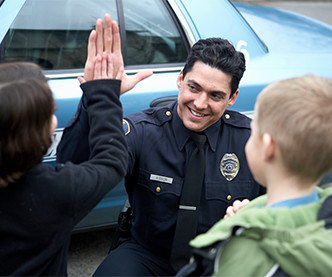The History of the Situational Leadership® Framework
The Center For Leadership Studies
JUNE 8, 2023
The Situational Leadership ® framework was the product of over 50 years of pioneering research in leadership development and organizational behavior. One challenge with those discoveries is that many provided conflicting results regarding who leaders were, what they did and what the most effective style of leadership was.













Let's personalize your content